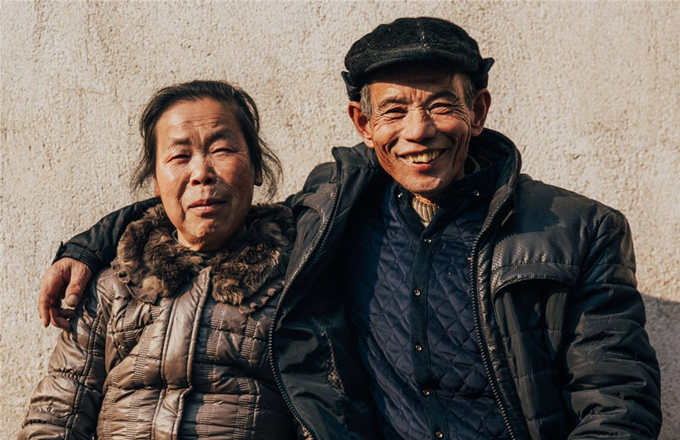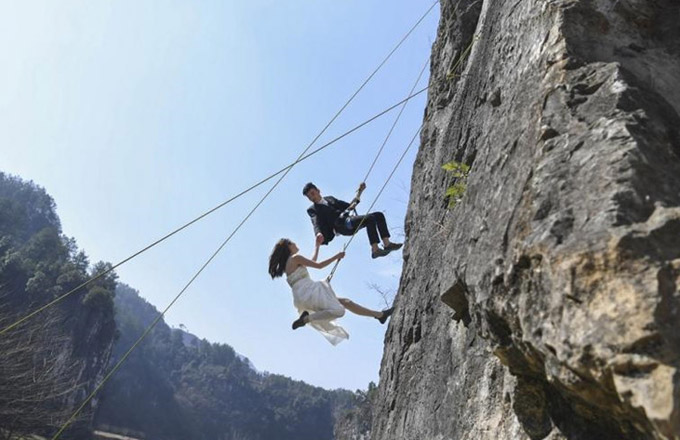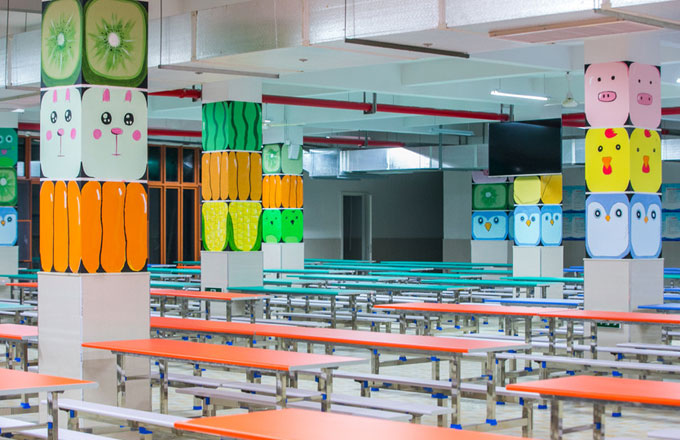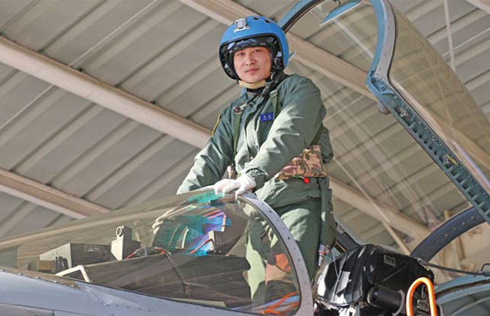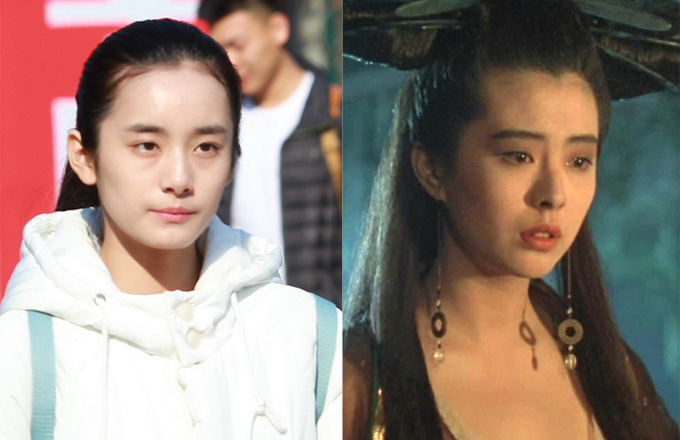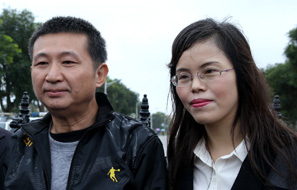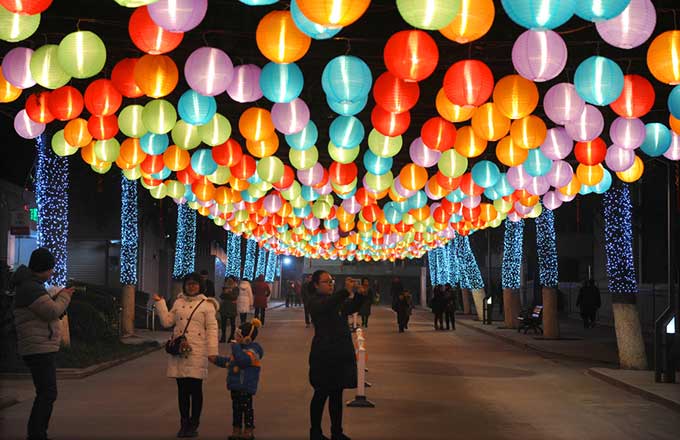Ministry rebukes Japan's claims
There are "ulterior motives" behind Japan continually hyping the "threat" of a rising China, the Foreign Ministry said on Friday.
The remarks came in response to accusations made this week in two Japanese documents: a report on East Asia's defense affairs, released on Friday; and a draft version of the Japanese Foreign Ministry's annual report on diplomacy, quoted on Wednesday.
"China is a peace-loving country, and it has never invaded an inch of territory of another country. China has its own right to develop a national defense force that is expected to respond to the country's national condition," Foreign Ministry spokesman Hong Lei said in Beijing.
The East Asian Strategic Review, released by the National Institute for Defense Studies under the Japanese Defense Ministry, said the rising might of China is leading it to act with increasing disregard towards its neighbors. "China, against the backdrop of its rising national power and improvement in its military power, is increasingly taking action that can cause friction with neighboring countries without fear," said the review.
Japan's Kyodo News Agency on Wednesday released part of the draft version of the Diplomatic Bluebook by the Japanese Foreign Ministry.
The draft viewed China's maritime presence in the waters of China's Diaoyu Islands in the East China Sea as "a security problem that Japan is directly faced with", and it showed concerns about China's enhanced armed forces, Kyodo said.
"The relevant country has not expressed sincere remorse over its wartime aggression deeds in history, but has been enthusiastic about playing up the 'China's threat', behind which may be its ulterior motives," said Hong, the Chinese Foreign Ministry spokesman.
Peng Guangqian, a Beijing-based military commentator, said that Japanese Prime Minister Shinzo Abe and his Cabinet have "sped up the country's pace" in boosting the right-wing political mentality and the military's explicit expansion plan.
Meanwhile, Abe will not visit the notorious Yasukuni Shrine, which honors Japanese war criminals from World War II, during the shrine's spring festival in April, local media said. But he is considering offering a masakaki tree, traditionally used in rituals to the shrine, Japanese Chief Cabinet Secretary Yoshihide Suga said.
Japan has long tried to justify the shrine visits and its attempts to revise the country's pacifist constitution, a move widely viewed as whitewashing the country's militaristic history, said Zhou Yongsheng, an expert on Japanese studies at China Foreign Affairs University.
"Tokyo is utilizing the so-called 'adjustment measures' to help the country remove restrictions from the world's postwar order," Zhou said.
Contact the writers at zhangyunbi@chinadaily.com.cn and lixiaokun@chinadaily.com.cn
AFP and Xinhua contributed to this story.




